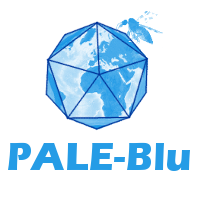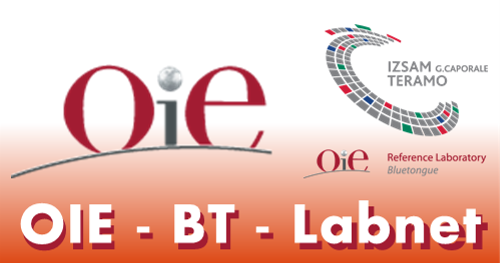Partner 9 – Hacettepe University, Faculty of Science (HUESRL)
Hacettepe University, Ankara, Turkey, as one of the leading universities of Turkey, continues to contribute to social development and universal values in the fields of science, technology and art. Hacettepe University carries on its activities with 13 faculties, 9 schools, 1 conservatory, 13 institutes, and 35 research and application centers within the scope of Act No. 2809 of the Organization for Higher Education Institutions, which was enacted in 1982. The Department of Biology consists of eight divisions as Ecology, Molecular Genetic, General Biology, Zoology, Botanic, Applied Biology, Hydrobiology and Biotechnology working on different main subjects of biology. It also contains 24 main research laboratories with high technology equipments. Ecology Division was founded in 1992. Following the establishment the division started teaching and research activities the same year. The areas that have been used for education and research by the Ecology Division were reconsidered in 1999 to become an international center. Today, the center continues its research with its faculty, assistants, experts and post-graduate students whom are well trained or still training in various aspects of ecological sciences. The center consists of three different laboratories: 1) HUESRL (Ecological Science Research Laboratories), 2) EEGL (Evolutionary Ecology and Genetic Laboratory) and, 3) MFEL (Mammalian and Forest Ecology Laboratory).
The study of the HUESRL (Hacettepe University Ecological Science Research Laboratories) headed by Assoc.Prof. Bulent ALTEN is oriented towards various aspects of vector biology and ecology (particularly sand fly and mosquito), population bio-ecology, population dynamics and modeling, geometric morphometrics, molecular taxonomy of sand fly and mosquito species, evolutionary ecology of vector populations, population genetic of vector species, in particular Phlebotomus and Anopheles species, modeling and application of integrated vector control methods such as ITNs in rural and urban areas, susceptibility, resistance, bioassay tests against various insecticides. The team consists of 4 professors, Bulent ALTEN (Assoc. Prof.), Fatih M. SIMSEK (Assoc. Prof.), Murat AYTEKIN (Assoc. Prof.), Ergi Deniz OZSOY (Assoc. Prof), six researchers, five PhD students, four MSc students. Recently, they study mainly molecular taxonomy and distribution of Larroussius species, spreading of these species and population genetics of vector sand fly species in Turkey using molecular and geometric morphometric techniques. The team also is working on seasonal population dynamics of important sand fly vector species, their biting behavior and resting microhabitats. Another interest of the team is working on effects of climatologically differences on sand fly and mosquito species. Members of the team participate in taxonomic, ecological, biological and molecular studies in the laboratory and well in the field research in Turkey, Czech Republic, Algeria, Morocco, Saharan, Sri Lanka, Brazil, Greece, Kazakhstan, Iran, Syria. One colony of Phlebotomus papatasi has been maintained in insectary. DNA extractions of seven sand fly species (from fifteen different localities of Turkey) and nine mosquito species (from ten different localities of Turkey) collected from Turkey has been reserved in the freezers in HUESRL. The team is also member of Malaria Sub-Group of current EDEN project.
HUESRL is the member of PhBD subgroup headed by CUNI. Major part of its activity will concern sand fly biology and population diversity, and sand fly control. HUESRL will be responsible for distribution of Larroussius species, spreading of these species and population genetics of vector sand fly species using molecular and geometric morphometric techniques in field and laboratory conditions, seasonal dynamics of sand fly species in field conditions, biting behavior of sand fly species and blood identification in field and laboratory conditions, investigation of resting microhabitats in field conditions, investigation of effects of insecticide impregnated bednets (ITNs) in field conditions and investigation of insecticide resistance of sand fly species under laboratory conditions. Together with CUNI, HUESRL will be a key partner for studies on sand fly biology and control.





